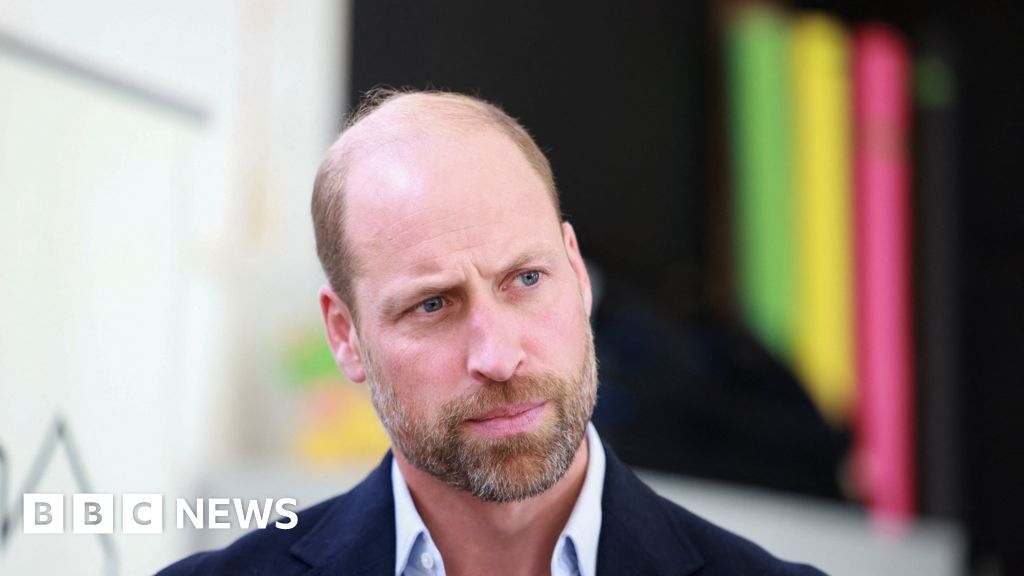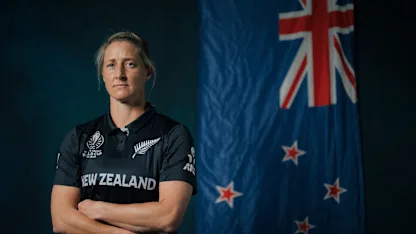Ange Postecoglou Proved He Can Adapt at Spurs, and He Can Do It Again at Nottingham Forest

Ange Postecoglou is back in the Premier League as manager of Nottingham Forest. On paper, this is a huge departure from Nuno Espírito Santo, but might it work?It’s quite natural to be at least a little confused by the news that Ange Postecoglou has replaced Nuno Espírito Santo as Nottingham Forest manager.Nuno did an exceptional job in charge before being dismissed in the early hours of Tuesday morning, having taken Forest back into Europe following a 30-year absence. He did so while playing a reactive brand of football that was based on a solid defence and quick, direct attacks. It might not be everyone’s ideal style of play, but it was wonderfully effective.Postecoglou’s preferred playing style could barely be more different. He almost became a caricature for his commitment to making sure his Tottenham were fun to watch. Some of the things he said hardly helped his cause.“Are you not entertained?” he bristled at a Sky Sports reporter who asked if he was concerned with any aspect of his team’s performance after they nearly threw away a 3-0 lead at home to an out-of-sorts and weakened Manchester United in the EFL Cup quarter-finals last season, only to sneak through with a 4-3 win.A year earlier, he had insisted on playing with a high line against Chelsea despite being down to nine men. “As long as I’m here, that’s what we’re going to do,” he said. “Even with five men, we’ll have a go.”Those comments, alongside Spurs playing a high-speed, high-pressing, attacking kind of football which at times appeared to neglect any consideration for keeping the ball out of their own net, all made the Australian out to be too dogmatic.He was so committed to that style of play because it had worked for him wherever he’d gone before. He’d won titles with Brisbane Roar, Yokohama F. Marinos and Celtic, so he had good reason to continue playing the same way.And at Tottenham, his possession-based football was initially a breath of fresh air after the dour stuff fans had been forced to watch under José Mourinho and Antonio Conte, but it ultimately proved his downfall.He was so intent on attacking relentlessly that his Tottenham team were consistently left too open, conceding far too many goals and losing far too many games. They were certainly entertaining, but results became so poor while sticking to that style of play that it was almost as though winning was a secondary consideration. That obviously wasn’t the case, but fans understandably found his commitment to ‘Angeball’ infuriating when it appeared clear he needed to adapt.In 2023-24, his first season in England, only Manchester City (65.5%) had more possession on average in Premier League games than Spurs (62.0%). They scored 74 goals on their way to finishing fifth but also conceded 61 goals, which was 10 more than 15th-placed Everton.That meant that Spurs went into the UEFA Europa League for 2024-25, which brought a new challenge for Postecoglou. Could his players stick to his playing style, which was based around relentless energy and running, while also managing a European campaign?The short answer is ‘no’.Spurs endured their worst top-flight league season since 1976-77, finishing 17th after losing 22 of their 38 matches. Only the three relegated teams and Wolves conceded more goals than Spurs (63), while only the bottom three allowed their opponents a higher expected goals total than them (64.4 xG). Based on their defensive displays, they fully deserved to finish 17th.Their season was derailed by an injury crisis that Postecoglou’s football was at least partly to blame for. Tottenham ranked either second or third in the Premier League last season for distance covered (111.5 km per 90), sprints (167.5 per 90), off-ball runs (159.0 per 90) and pressures in the final third (55.2 per 90). Their squad fell apart.It was completely different to how Forest played. Forest had just 40.7% possession in the Premier League last season, and allowed their opponents chances worth 49.6 xG. They covered less ground than any other team in the Premier League (104.1 km per 90) and applied fewer pressures in the final third than anyone else, too (36.9). They pressed high less than anyone else and spent more time in a mid or low block (80%) than every other side.The average position at which Tottenham’s defensive line caught opponents offside was more than 10 metres higher up the pitch than Forest’s. Forest, often camped in their own half, caught fewer opposition attackers offside (36) than any other team in the Premier League.So, what are Forest thinking in swapping Nuno for Ange? Are they going to rip up everything Nuno did and head to Arsenal – of all places – for Postecoglou’s first game in charge on Saturday with the aim of dominating the ball and playing one of the best teams in the world off the park on their own patch? Can we expect Forest to try and dominate possession from here on?That seems incredibly unlikely. Forest owner Evangelos Marinakis is a fiery character who is prone to making emotional decisions, but even he surely won’t expect Postecoglou to change things that much that quickly.It might be the ultimate goal, though. Reports suggest Nuno was determined to adapt his side’s style of play and focus a little more on keeping possession, but he hasn’t got a great deal of experience of doing that successfully. Postecoglou certainly knows how to play that way, so perhaps he convinced Marinakis that he can do it with Forest further down the road.But in the immediate term, there’s every chance the Australian continues the work Nuno did at the City Ground. Postecoglou proved in Tottenham’s run to Europa League glory that he can adapt and is willing to. In doing so last term, he brought Spurs their greatest triumph in a generation.In the latter stages of the Europa League, Postecoglou’s side abandoned Angeball and became an impressively solid defensive unit. In the final four games of that run, they conceded only one goal, a deflected effort late on in the first leg of the semi-final against Bodø/Glimt when they were already three goals up. They had no more than 41.7% possession in any of those games and won every one.In the win over United in the final, Spurs had 26.7% of the ball, completed 61% of their passes and managed just three shots. But they also barely looked like conceding. It was a million miles from how Spurs had played in the league.Afterwards, Postecoglou suggested the approach was one needed specifically for knockout football.“I’ve always felt that knockout football is different from your league football,” he said. “When you’re in that situation, it comes down really to good organisation, belief, having a good game plan and then moments; if you can minimise the moments the opposition have by having a really strong foundation.”But while he might not want to play that way for a full league season, he has shown he can do it. He is willing to adapt when necessary, and he won’t try to revolutionise how Forest play with just a few days to go before his first game this weekend.For one thing, his new club don’t have the players to play pure Angeball straight away. We’re not going to see Chris Wood pressing for 90 minutes at the Emirates. Nikola Milenkovic isn’t going to be forced to play a high line with a few days’ preparation.What’s more, Spurs’ football in the knockout stages of the Europa League really wasn’t that far away from how Forest played under Nuno. Despite the damning evidence of Tottenham’s defensive record in the Premier League under him, Postecoglou is clearly capable of setting his team up to shut the opposition out.It’s also worth noting that in the Premier League last season, Spurs weren’t quite as extreme in their style of play as they had been in 2023-24. Plenty of other teams played a far slower and more intricate brand of football than them.One aspect of Tottenham’s play under him that may bode well for Forest is how effectively they attacked on the counter. Forest (45) were one of only six teams that had more shots from fast breaks in the Premier League last season than Spurs (36), but Postecoglou’s side ranked second behind Liverpool (14) for goals from fast breaks (10).They were happy to keep hold of the ball to try and wear opponents down – something we may see a little more of from Forest under Postecoglou – but when there was an opportunity to attack at pace, they took it. Forest should expect to continue to counter-attack at pace under their new manager.On the face of it, this looks like as big a jump in managerial style as you could get. It’s the kind of change you might expect from a team battling relegation who desperately need something new, not from a team who have just had their best season in a generation.But while Postecoglou’s ideal philosophy is clearly a big departure from Nuno’s, he showed with Tottenham that he can play a different way, and he’ll have learned a great deal from his time there. He’ll know that changing too much too soon at Forest wouldn’t be the best idea.For Forest, there’s no time to dwell on the loss of Nuno, one of the most significant managers in their modern history. They have a Premier League game to prepare for this weekend before they begin their Europa League campaign next week.And with a manager who has very recent experience of adapting his team’s football to go all the way in that competition, maybe there is even reason to get excited about this appointment.












